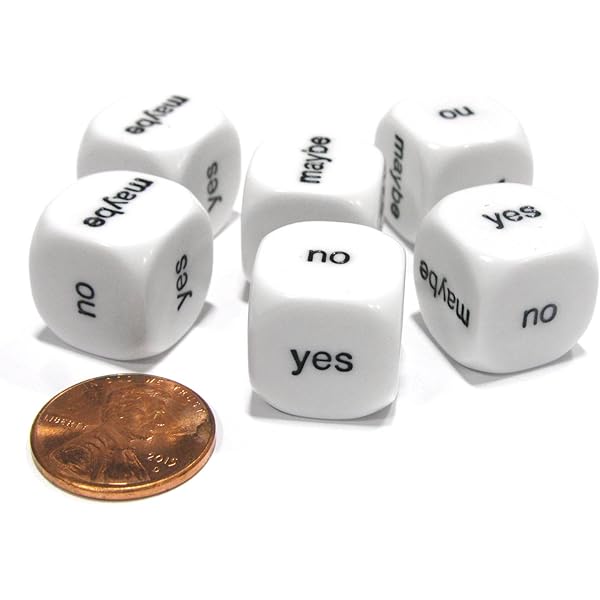Modular Gaming Components 8 - Special Dice
They exist, and they've existed for a while.
In some ways I like them, and in some ways they're annoying...
...but custom dice are there and they do influence the way a game is played.
I mentioned in the last post that I like the obligation system in the FFG Star Wars games... here's the bit where I say that I don't particularly like the custom dice in that system, but I can see how it can be modified and exploited to get some interesting effects happening in a game.
At the simplest level, that game system offers degrees of success, and then the possibility for side effects happening as the result of a task. However, there are plenty of other ways to do this without spending too much money on an extra set of dice that you'll only ever use for a single game.
The down side to this sort of effect in play is the fact that sometimes you need a bit more imagination to work out what kinds of side effects might go right, or might go wrong, when a task is performed. So it usually pays to have a couple of pre-defined ideas ready to go based on different circumstances when effects might occur. Always have a few ready to go for each category, because the aim of this concept is to keep the action results interesting and different (and to tailor the action results to the specific events of the story that are unfolding).
During combat...
Positive side-effects:
- you inspire awe or fear in an opponent
- you inflict a penalty on opponent, maybe they bleed, are blinded, or they get knocked over
- you find a weakness in your opponents defense and will gain advantage next strike
Negative side-effects:
- your weapon breaks/jams
- you stumble and an opponent will get advantage against you (or you injure yourself)
- your opponent(s) manage to call for reinforcements who will arrive soon
Social situations...
Positive side-effects:
- someone else is impressed by you as a result of your words
- during the conversation you have earned something useful about someone else
- you discover that you have a mutual enemy (or friend) with the person you're talking to
Negative side-effects:
- someone else takes an instant dislike to you as a result of your words
- unless you act quickly (and successfully), the scene will escalate into a conflict
- you discover that one of your friends is an enemy of the person you're talking to (or vice versa)
Positive side-effects:
- you discover some interesting facts about an unrelated topic (but which might be useful elsewhere)
- you may have an immediate follow up research action, but it will destroy a piece of evidence
Negative side-effects:
- you get side-tracked and the research is taking longer than expected
- you've accidentally damaged a piece of evidence and going further will now be harder
Positive side-effects:
- you find something of interest that could be valuable
- you find an easier path that will make it quicker to get back (if you need to)
- you realise that you've somehow avoided setting off a trap
Negative side-effects:
- you've temporarily become stuck, you can see the way ahead but it will take more time
- it's getting dark/dusty/wet (whatever is relevant), and you'll suffer penalties if you remain here
- you have set off a trap
Positive side-effects:
- it takes less parts than expected
- you've managed to make it at a higher quality than expected (you gain a bonus when using it)
- while building it, you've developed ideas for something else (you'll gain an advantage when building that thing)
Negative side-effects:
- you've almost got it done, but it needs one or two extra parts
- you've had to cut a couple of corners when building it (you suffer a penalty when using it)
- it's a very specific thing, and only you'll be able to use is effectively
- If there are two positive results, then a major positive modifier is applied to the outcome. (There's roughly an 11% chance of this)
- If there is a neutral and a positive result, then a minor positive modifier is applied to the outcome.(There's roughly a 22% chance of this)
- If the two dice both roll a neutral result (or a positive and a negative), the action succeeds or fails as expected... nothing out of the ordinary applies to the outcome. (There's roughly a 33% chance of this)
- If there is a neutral and a negative result, then a minor negative modifier is applied to the outcome.(There's roughly a 22% chance of this)
- If there are two negative results, then a major negative modifier is applied to the outcome. (There's roughly an 11% chance of this)



.png)

Comments